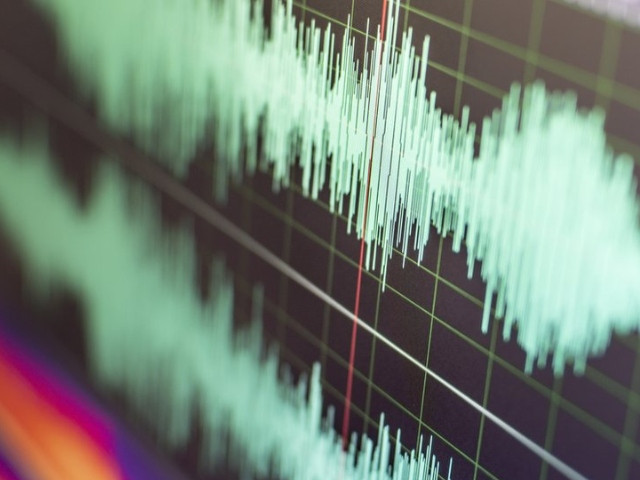
While audio and video leaks may serve as a tool to discredit any political leader’s reputation and garner millions of views across social media platforms, the elephant in the room, which is blatant privacy rights violations, is largely ignored.
The ongoing leaks saga which started with an allegedly private conversation of the incumbent Prime Minister (PM), Shahbaz Sharif, has now engulfed the former PM Imran Khan, his wife, and his close aides as well. With the political chessboard going into a frenzy and a general election set to be held this year, it is unlikely that the leaks saga will end anytime soon.
Therefore, despite the country’s numerous challenges vis-à-vis the economy and terrorism, an audio leak is enough to bring everyone to a standstill, as listening to a private conversation, which may sometimes be sleazy, takes preference over the fundamental right to privacy.
“Our Constitution guarantees the right to privacy in Article 14. Albeit this right has not been legislated upon, there are several Supreme Court judgments that codify protection of such rights, especially in the context of surveillance and wiretapping,” informed Usama Khilji, a digital rights expert based in Islamabad.
Khilji, who also heads a digital rights forum, further said that the Investigation for Fair Trial Act 2013, governs interception and electronic surveillance, which is only permissible when carried out against a suspect involved in anti-state or terrorist activity “and that too only after a warrant from a judge of the concerned High Court has been obtained.”Hassan Kamal Wattoo, who is a lawyer and writer, concurring with Khilji, said that Article 14 of the Constitution guarantees the right to dignity and privacy of the home as an inviolable fundamental right.
“Even the right to life is subject to law but the right to dignity is not subject to anything.” Wattoo was of the view that such blatant violations of privacy only lead to people, especially the youth, losing trust in the political system and feeling that it is rigged against them. “Democracy is a fragile thing. It simply cannot coexist with external powers that hold access to all of your private communications, and to whom nothing is sacred. No political system can function without a foundational set of rules that everyone is bound by,” the lawyer opined. However, leaks whether it by audios or pictures have been a part of the country’s political system for a while now, as per Ahmed Bilal Mehboob, President of the Pakistan Institute of Legislative Development and Transparency (PILDAT).
“In yesteryears, the leaks would come out in newspapers or pamphlets, which would then be circulated far and wide. For instance, when Zulfikar Ali Bhutto visited the United States of America, Begum Nusrat Bhutto danced with the then President, Gerald Ford, as was customary. The pictures of Begum Bhutto dancing with President Ford were published on posters and distributed to tarnish Bhutto’s reputation during the elections,” he recalled. Mehboob was of the view that the reliance on leaks would continue in the country’s political system because it was not politicians who collected audios, videos, or pictures nor are they the ones who release such stuff.
“However, the politicians do rejoice whenever intelligence agencies release the leaks,” he remarked. Since the politicians rejoice and the general public gives credence to the leaks and continues to have the appetite for politician’s private lives, not even the formation of new laws to curb the leaks culture would help, according to Mehboob.
Wattoo, agreeing with PILDAT’s President, said that parliament could introduce stronger legislation to try and curb such privacy violations but the executive is responsible for implementing the laws. “Just reprimanding the guilty government departments, that typically have access to phone calls, and other means of surveillance, is not enough. They need to face legal action for violating the Constitution and until the executive sets this precedent, our privacy will never be safe,” regretted Wattoo, while talking to the Express Tribune.

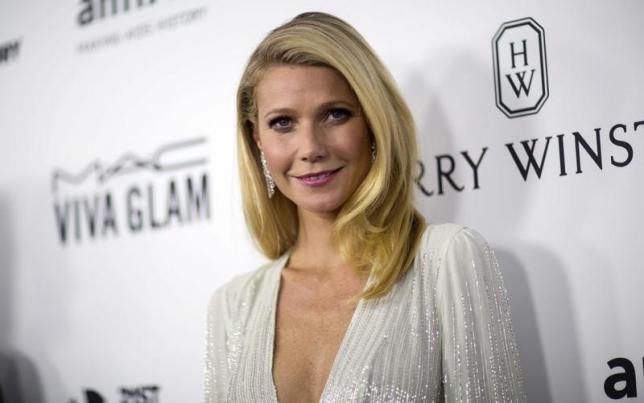
1729137363-0/Liam-Payne-fans-(1)1729137363-0-165x106.webp)



1731062031-0/Express-Tribune--(5)1731062031-0-270x192.webp)
1731065030-0/Untitled-design-(26)1731065030-0-270x192.webp)

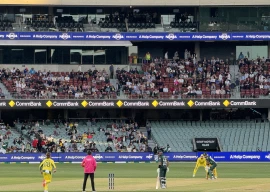
1731057827-0/Untitled-design-(25)1731057827-0-270x192.webp)
1731054442-0/BeFunk_§_]-(53)1731054442-0.jpg)
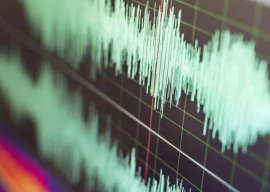
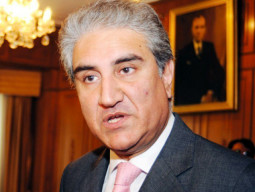
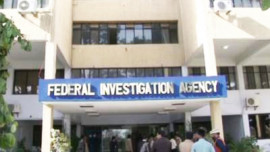






COMMENTS
Comments are moderated and generally will be posted if they are on-topic and not abusive.
For more information, please see our Comments FAQ